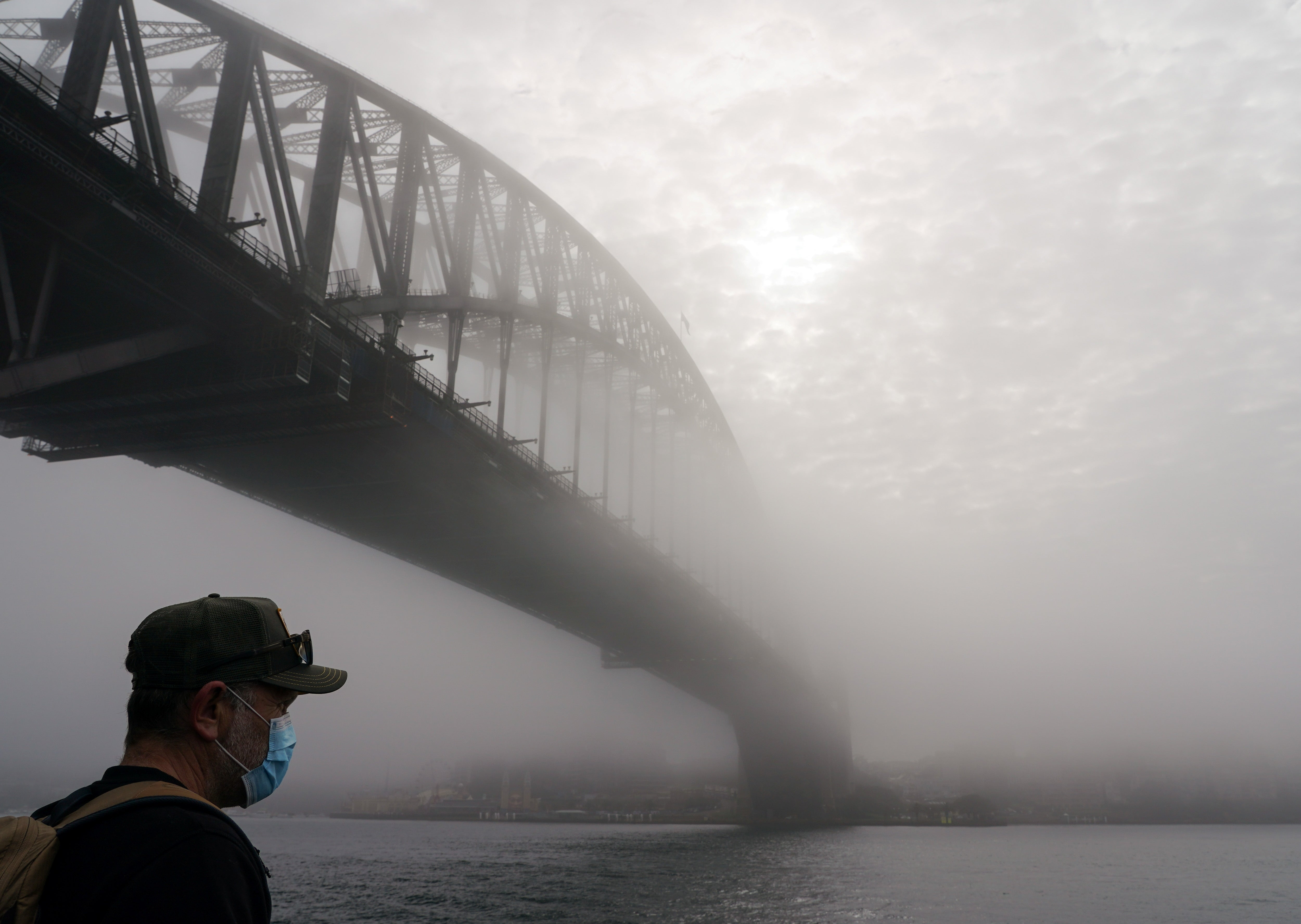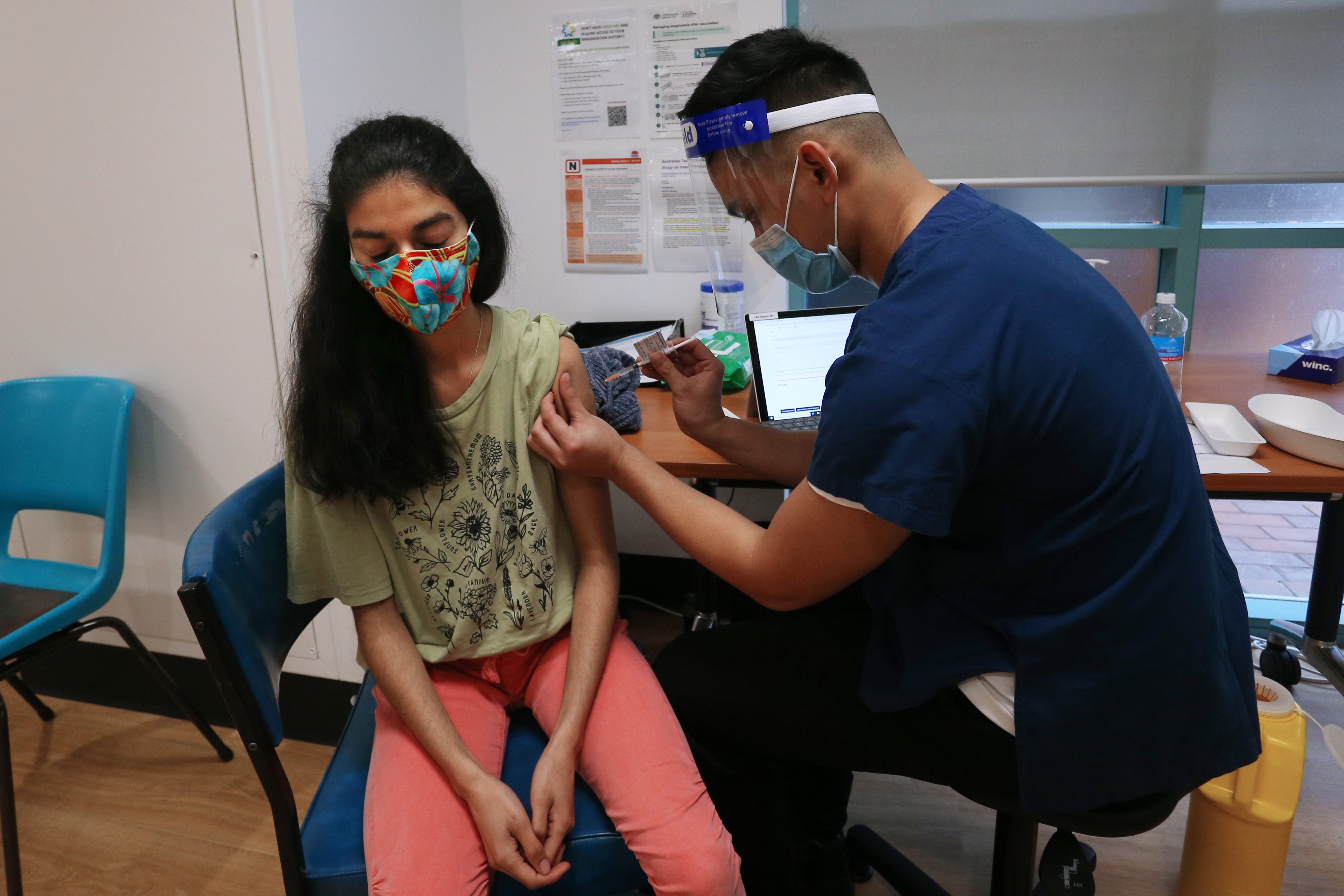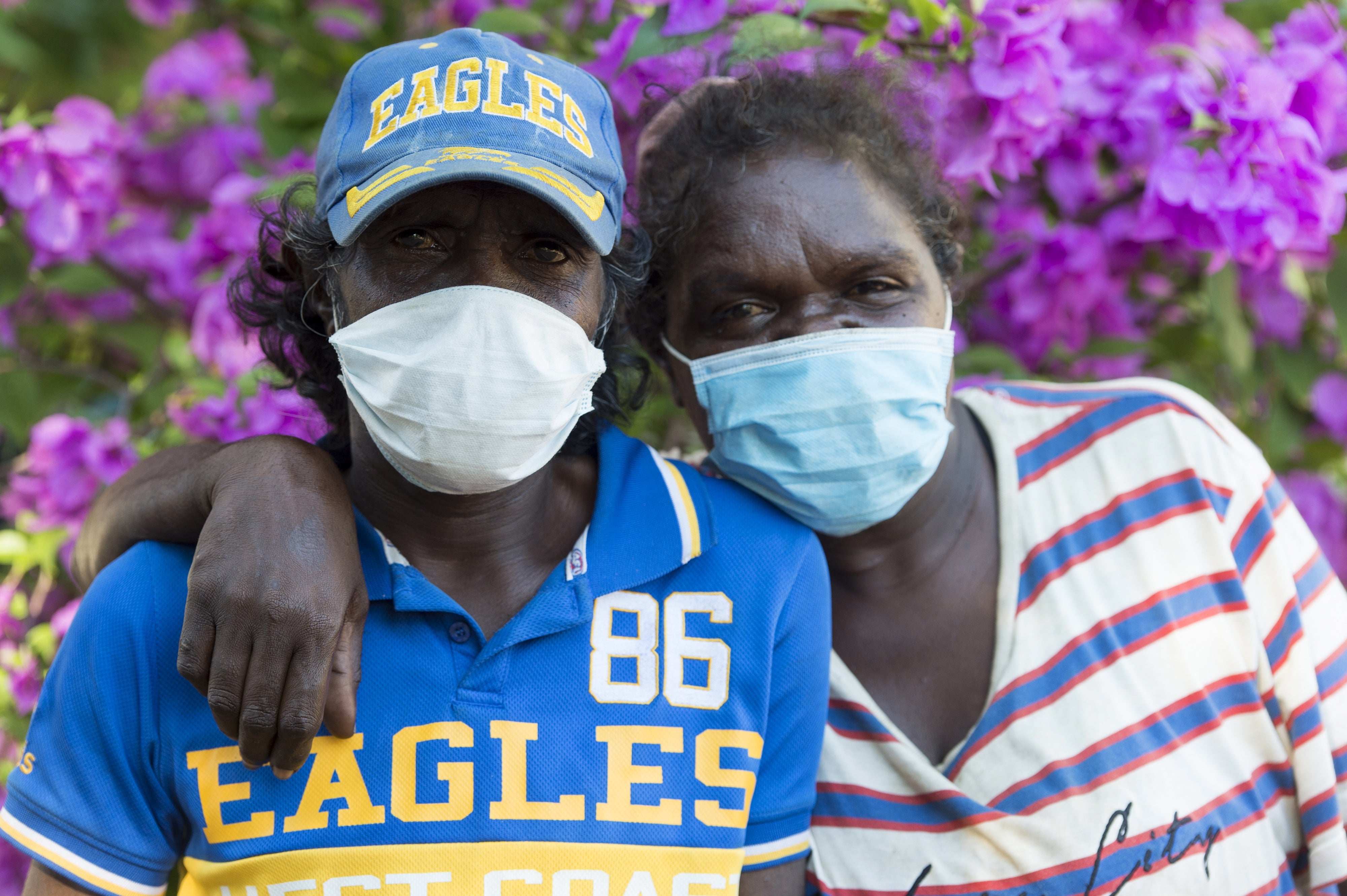Lucky country no more: Australia’s tough Covid border policy can’t compensate for poor vaccine rollout
Australia seemed largely immune from the worst of the pandemic. But, Steve Evans reports, its failing vaccine programme and the arrival of the Delta variant has changed that

It’s fair to say there was a certain smugness in Australia about the way the epidemic was going. Australians basked in the benefits of distance – but not any more.
In the first year of the epidemic, before the vaccines arrived, the country kept infections and deaths way below the numbers recorded in Europe and North America.
By the beginning of February this year, 100,000 people had died in the UK. In Australia, albeit with a population a third the size, the figure was less than a thousand.
One big difference in approach was that the federal government in Australia closed the international border early, and so tightly that not even citizens could get back. States closed their borders at the first sign of an outbreak. Cities learnt from Melbourne, along with the example of other countries in Asia, that tracing the contacts of infected people and locking down areas quickly shut off outbreaks.
But smugness became increasingly infectious.
“In Britain, the current debate is: ‘Will Christmas be cancelled’ as confusion reigns over how many family members Brits are allowed to see,” as The Canberra Times put it only six months ago.
“In Australia, the debate is: lobster or ham?”
“Britain is being pulled apart by dissent, while Australia feels normal. We go about our business and pleasure,” the Australian paper beamed.
The Sydney-based Lowy Institute analysed responses to the epidemic, weighing a host of factors such as population size and a country’s wealth, and concluded that Australia’s pandemic response was the eighth best in the world, compared with the UK at 66.
Trust in government in Australia rose.

But in the past month, Australian ease has vanished. What seemed like normality turned out to be an illusion.
Outbreaks in Melbourne, Sydney and Brisbane have finally revealed to Australians that distance doesn’t keep Covid away.
In Year Two of the epidemic, marked by the arrival of vaccines, other countries are racing ahead.
About five per cent of Australians are fully vaccinated with both jabs. In the UK and the US, it’s more than half the adult population and rising fast.
Prime Minister Scott Morrison said it wasn’t a race. He may not mean that because he has shifted policy by the week.
Two weeks ago, his federal government in Canberra ruled that the AstraZeneca vaccine would only be recommended for people over the age of 60. It then reversed that decision – or seemed to.
The prime minister said the advice did not “preclude” people under 60 from getting the vaccine, “If you wish to get the AstraZeneca vaccine, then we would encourage you to go and have that discussion with your GP,” Mr Morrison said.
The result is confusion.
Australia is trapped in a Catch-22. The border has stayed closed because Australians are not vaccinated but Australians have been tardy with vaccination because they think – or thought – that the closed border protected them.
They are now realising that it doesn’t and there is a rush to vaccination centres.
But vaccines are in short supply because Mr Morrison’s government plumped for AstraZeneca and a vaccine being developed by the University of Queensland which came to nothing.
Other countries spread their bets and went for a wider range of vaccines.
And the politicians are fighting like dingoes over a roo’s carcass.
State premiers are calling for the international border to be tightened even further to reduce the numbers allowed in to the country.
They know that this is good politics: all the polling indicates overwhelming opposition to any relaxation of “Fortress Australia”.
The states are openly defying the federal authorities. The chief health officer of Queensland directly contradicted Canberra’s latest advice about AstraZeneca.
“I do not want under-40s to get AstraZeneca,” Dr Jeannette Young said.
“I don’t want an 18-year-old in Queensland dying from a clotting illness who, if they got Covid, probably wouldn’t die.
“We’ve had very few deaths due to Covid-19 in Australia in people under the age of 50, and wouldn’t it be terrible that our first 18-year-old in Queensland who dies related to this pandemic died because of the vaccine?”

Scott Morrison’s reputation was badly scorched by the horrendous bush fires 18 months ago.
He went to Hawaii for a holiday as the nation felt the flames (burning particularly vividly on the evening news night after night).
The prime minister defended his sojourn thus: “I don’t hold a hose”, which didn’t go down well with people who had lost homes.
But he then rebuilt his popularity as Year One of the epidemic unfolded and Australians continued their easy, apparently normal lives.
But he is learning that this epidemic is beyond control. Like a bushfire it sways and swerves and destroys – people and political reputations.
He knows that “I don’t hold a needle” won’t wash.
Steve Evans is a reporter on The Canberra Times
Join our commenting forum
Join thought-provoking conversations, follow other Independent readers and see their replies
Comments